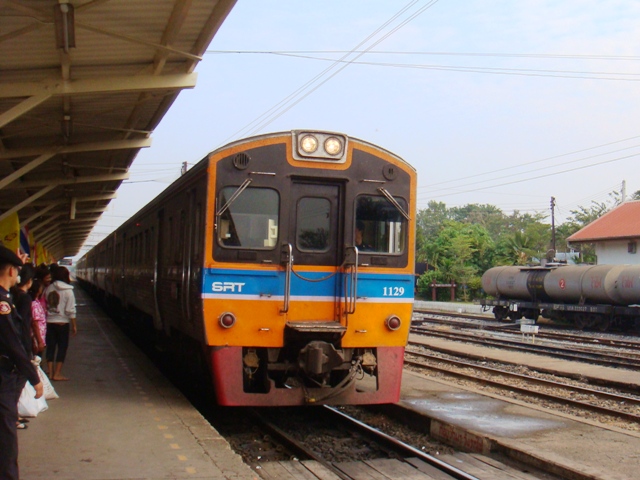Travel
Thai junta approves budget for rail upgrade, plans high speed high links to China
BANGKOK, Thailand—Thailand’s military government approved a massive budget to upgrade the country’s railways including high-speed rail that would eventually link with China as part of an eight-year plan to improve infrastructure, officials said Wednesday.
The junta approved 741.46 billion baht ($23.3 billion) to build two high-speed train routes that will connect Thailand’s industrialized eastern seaboard with its northern and the northeastern borders, Transport Ministry permanent secretary Soithip Traisuth said.
Similar plans initiated last year by Thailand’s elected government, which was ousted in a May 22 military coup, were scrapped by the constitutional Court in March. It said the administration’s bill to borrow 2 trillion baht ($63 billion) to fund transport and water infrastructure was unconstitutional.
The junta’s high-speed trains will travel at 160 kilometres (99 miles) per hour, slower than proposed by the ousted government, and will eventually “provide links to the north to China and Laos and down to Malaysia and Singapore,” said Soithip, who is also the acting transport minister.
China has deepened economic ties with many Southeast Asia countries despite tensions over Beijing’s claims to most of the South China Sea. Rail links that extend deep into the region would boost trade and other commerce with China, the world’s No. 2 economy.
The construction of the two routes, from Nong Khai in the northeast and Chiang Khong in the north, will start in 2015 and should be completed by 2021.
The officials didn’t explain why the junta shelved the former’s government plan for a high-speed rail line that would connect Bangkok with Chiang Mai, a stronghold of ousted prime minister Yingluck Shinawatra.
The junta has been considering total spending of 3 trillion baht ($94 billion) on transport and other infrastructure.
Under the junta’s plans, Thailand will also expand dual-track railways. The spending also includes the development of inter-city trains, public transportation to ease congestion in Bangkok and its greater metropolitan area, expansion of nationwide highways to support border trade and upgrades of the capacity of ports and airports.






















